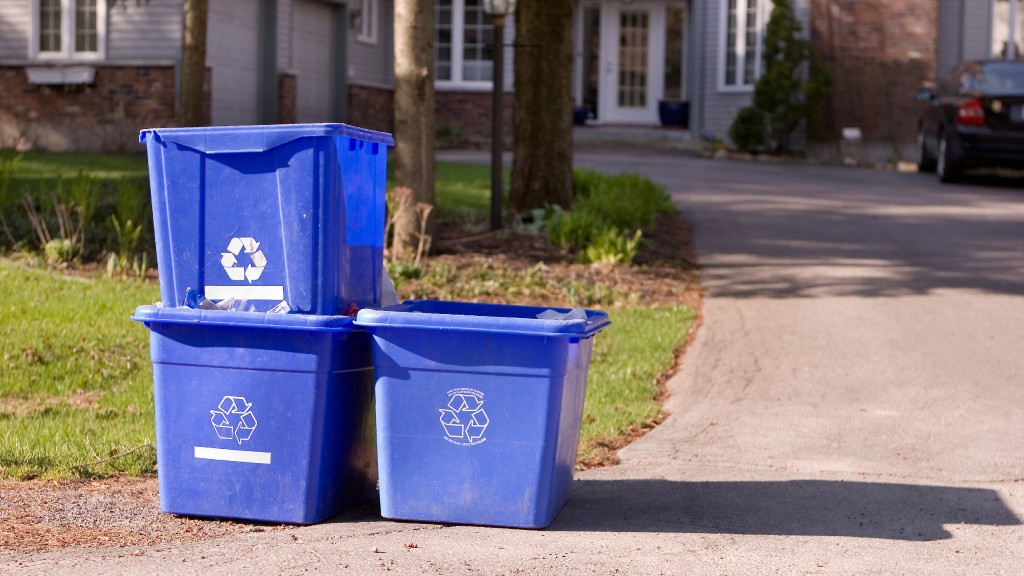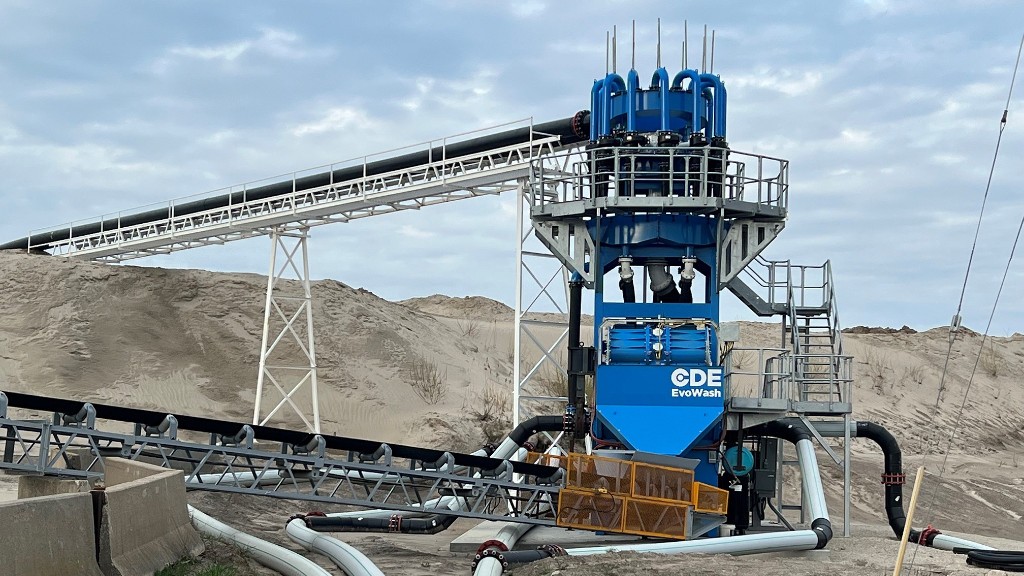
On July 1, 2023, the transition of Ontario's Blue Box recycling program into a fully producer-led model began. The new framework requires producers – the businesses that supply packaging and paper – to fund and operate the Blue Box recycling program. The transition of the program is expected to take three years, with approximately one-third of the province's communities adopting the new system each year. The implementation of the new program is expected to be complete no later than January 1, 2026.
Circular Materials and RYSE Solutions Ontario are the two largest full-service producer responsibility organizations (PRO) acting on behalf of producers in Ontario. Once the transition of the program is complete in 2026, these organizations will manage the collection and post-collection of Blue Box materials in more than 400 communities across the province.
While the functioning of the common collection system has been previously discussed, little has been said about how post-collection will function under the new system, in particular the marketing of recycled commodities. In August, the Carton Council of Canada was able to connect with representatives from both these organizations to better understand their overall approach to the marketing of recycled materials. Below is a summary of their thoughts as this transition begins.
Marketing recycled materials
When asked about how the marketing of recycled materials will be different under the new system, the two organizations emphasized education, information, and collaboration.
Specifically, Ryse Solutions said that the biggest change has been, and will be, educating the buyers of commodities from Ontario's Blue Box program that it is no longer "business as usual".
"The Blue Box Regulation in Ontario has specific targets by material type to be achieved by a certain time, but there will also be new reporting and disclosure requirements that, while we are waiting for RPRA [Resource Productivity and Recovery Authority] to begin discussions and awareness building, are still not entirely known," said Ryse Solutions. "We are looking forward to more clarity in the coming months for all stakeholders to produce, process and purchase recycled commodities."
Ryse also noted that their priority will be to market the recycled materials to customers within North America, followed by OECD [the Organisation for Economic Co-operation and Development] countries.
Answering the same question, Circular Materials believes that as we transition to full Extended Producer Responsibility (EPR) in 2026, there will be more direct collaboration between processing facilities, the common collection system, producers, and PROs which will facilitate more effective and outcome-oriented strategies for consumer packaging, innovative processing enhancements, and full system efficacy.
Specific to cartons, Circular Materials also noted that enhanced collaboration with industry associations such as the Carton Council of Canada (CCC), among others, will be instrumental in strengthening the system.
Market opportunities and challenges
The Carton Council of Canada also asked both organizations to consider the challenges and opportunities in the current markets.
Ryse Solutions noted that it is early in the process and much remains unknown. They further suggested that contamination levels from some of the transitioning municipalities will be a challenge for all processors and might impact the markets material is sold to. They also shared that a general lack of information and education for the recycled commodities markets and a lack of clarity with respect to the growing list of Blue Box acceptable materials will also prove challenging, at least in the short term.
Circular Materials emphasized the dynamic nature of the markets and the importance of fostering industry partnerships. They went on to remark that while the marketing of aseptic and gable-top cartons faces certain challenges, including the limited number of end markets, cartons are not alone in their fibre/polyethylene composition and many industry stakeholders are in discussions on how best to strengthen and harmonize end markets for these types of materials.
Producer access to materials
Finally, CCC asked each PRO what role the organization sees itself playing in facilitating producers' access to their materials in order to close the loop.
Ryse Solutions believes that one of the advantages of being a vertically integrated organization, from collections to MRF processing to secondary processing and commodities marketing is the ability to facilitate producers' access to material, leveraging their sister companies who are either secondary processors or have strong relationships with secondary processors and end markets built over decades.
In turn, Circular Materials reinforced its commitment to advancing circular solutions by building efficient and effective recycling systems and actively engaging with producers to meet varying material needs.
Final thoughts
The CCC is encouraged by these developments and looks forward to working even more closely with the PROs and the other actors in the value chain to grow the volumes of cartons from Ontario sent for recycling. In particular, we are excited to explore with them the opportunities of broadening the carton recycling grade by combining them with other composite fibre-based packaging, thereby growing the volumes of paper packaging sent for recycling.



